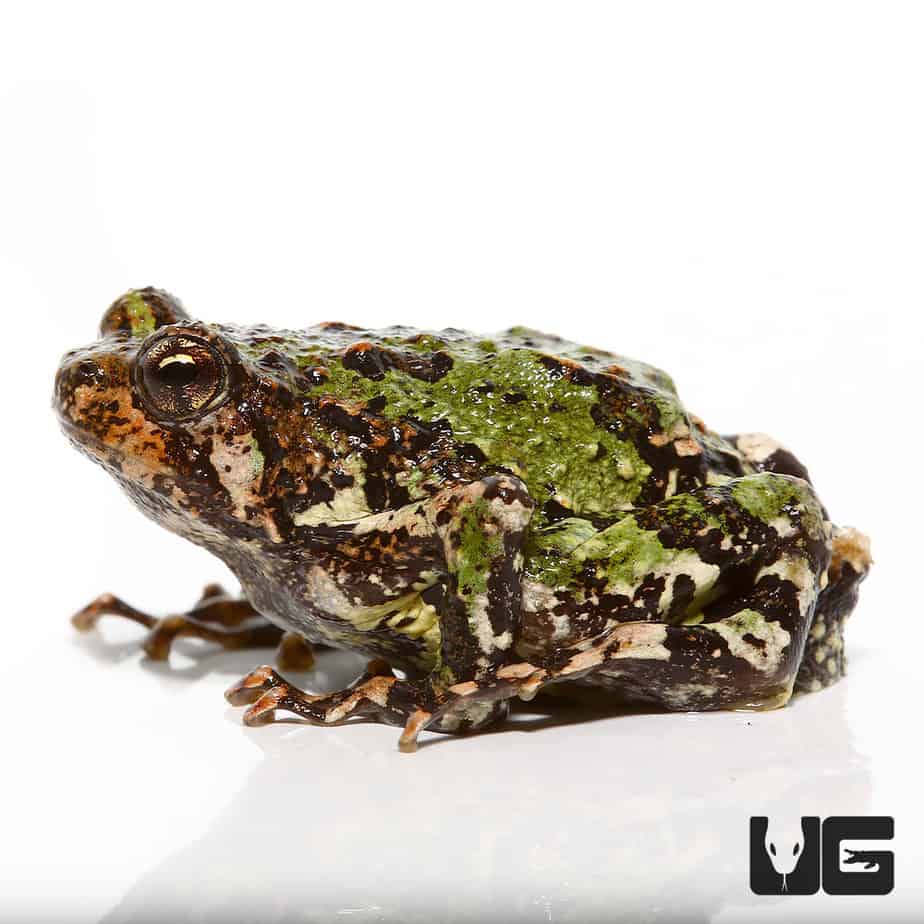Uncover Rare Rain Frog for Sale: Boost Your Amphibian Collection Today!
Uncover Rare Rain Frog for Sale: Boost Your Amphibian Collection Today!
Blog Article
Common Health Issues in Reptiles: Symptoms and Solutions
In the elaborate globe of reptile care, comprehending the usual health concerns that might impact these distinct animals is vital in guaranteeing their health. Whether it's grappling with parasitic invasions, browsing dehydration concerns, or resolving skin disorders that materialize in subtle methods, being attuned to the signs and symptoms and outfitted with the expertise of effective options is important for any kind of reptile proprietor.
Breathing Infections
Breathing infections in reptiles can considerably affect their general wellness and need timely focus from knowledgeable vets. These infections are generally triggered by bacteria, fungis, or infections and can manifest with symptoms such as hissing, nasal discharge, open-mouth breathing, and lethargy. In reptiles, breathing infections can be specifically testing to identify and deal with due to their one-of-a-kind composition and physiology. Vets frequently depend on a combination of health examinations, analysis imaging, and research laboratory tests to accurately determine the underlying source of the infection.
Therapy for breathing infections in reptiles commonly includes a mix of encouraging care, such as maintaining proper humidity degrees and temperature level slopes in the unit, in addition to targeted drug to deal with the certain virus responsible for the infection. It is important for reptile owners to check their pets carefully for any kind of signs of breathing distress and look for vet treatment at the earliest sign of a problem. With prompt treatment and appropriate treatment, several reptiles can recuperate completely from respiratory system infections and resume regular tasks.

Metabolic Bone Illness
What aspects contribute to the advancement of Metabolic Bone Condition in reptiles?
Metabolic Bone Illness (MBD) in reptiles is primarily triggered by an absence of appropriate calcium, phosphorus, and vitamin D3 levels in their diet regimen. When reptiles do not obtain adequate calcium, either through their food or proper UVB direct exposure for vitamin D3 synthesis, they go to a high risk of developing MBD. Reptiles with diets low in calcium or unbalanced calcium to phosphorus proportions are specifically prone. In addition, insufficient exposure to UVB light prevents reptiles from synthesizing vitamin D3, which is critical for calcium absorption and bone health.
Other contributing elements to MBD consist of incorrect temperature level gradients within the reptile's environment, leading to decreased metabolic rate and impaired calcium absorption. Insufficient humidity degrees can also influence a reptile's ability to metabolize calcium effectively. Specific reptile types have particular dietary requirements that, if not met, can increase the probability of creating MBD. Regular vet check-ups, correct husbandry techniques, and a balanced diet plan are necessary to avoid Metabolic Bone Illness in reptiles.
Parasitic Infestations
Parasitic invasions posture a substantial wellness danger to reptiles, affecting their general wellness and requiring punctual vet interest. Reptiles can be influenced by various bloodsuckers, consisting of mites, ticks, interior worms, and protozoa. These parasites can create a variety of symptoms, such as weight reduction, lethargy, skin irritability, diarrhea, and even death if left without treatment.
One typical parasite discovered in reptiles is the mite, which can cause skin irritability, stress and anxiety, and anemia. Ticks are one more outside bloodsucker that can transmit conditions and create pain to the reptile. Internal bloodsuckers like worms and protozoa can result in gastrointestinal problems, poor nutrition, and compromise the reptile's immune system.
To identify a parasitical infestation, a veterinarian might do fecal examinations, skin scrapings, or blood examinations. Treatment usually includes deworming medicines, antiparasitic baths, or in extreme cases, hospitalization. Preventative steps such as routine vet check-ups, proper hygiene, and quarantine treatments for brand-new reptiles can assist decrease the threat of parasitical infestations and make sure the well-being of reptile animals.
Dehydration and Hydration Issues
Dehydration in reptiles can dramatically impact their health and wellness, demanding timely treatment and proper hydration monitoring. Reptiles are susceptible to dehydration as a result of different elements such as poor water consumption, high ecological temperatures, and particular health and wellness problems. Signs of dehydration in reptiles consist of sunken eyes, sleepiness, loss of skin flexibility, and lowered peeing. If left unattended, dehydration can cause major wellness concerns and also be fatal to the reptile.
To stop dehydration, reptile owners should guarantee that their pet dogs have access to tidy water at all times. The water meal must be big sufficient for the reptile to soak in if needed, particularly for varieties that take in water through their skin. Additionally, keeping proper moisture degrees in the reptile's unit and supplying routine baths can assist prevent dehydration.
In cases of dehydration, it is vital to look for vet treatment immediately. A vet might provide liquids either orally or with shots to rehydrate the reptile. It is necessary to address the underlying source of dehydration to avoid recurrence and make certain the reptile's total wellness.
Skin Disorders
Verdict

Breathing infections in reptiles can considerably influence their overall health and need punctual interest from knowledgeable veterinarians (rain frog for sale). Preventative procedures such as regular veterinary examinations, appropriate health, and quarantine treatments for new reptiles can help reduce the danger of parasitical problems and make certain the wellness of reptile animals
If left without treatment, dehydration can lead to significant wellness concerns and also be fatal to the reptile.
On a regular basis evaluating your reptile find more information for any adjustments in skin structure, appearance, or shade can help in early detection and therapy of skin ailments, promoting the overall wellness and wellness of your flaky buddy. - rain frog for sale
In conclusion, reptiles are susceptible to different health and wellness concerns such as respiratory infections, metabolic bone illness, parasitical infestations, dehydration, and skin conditions.
Report this page